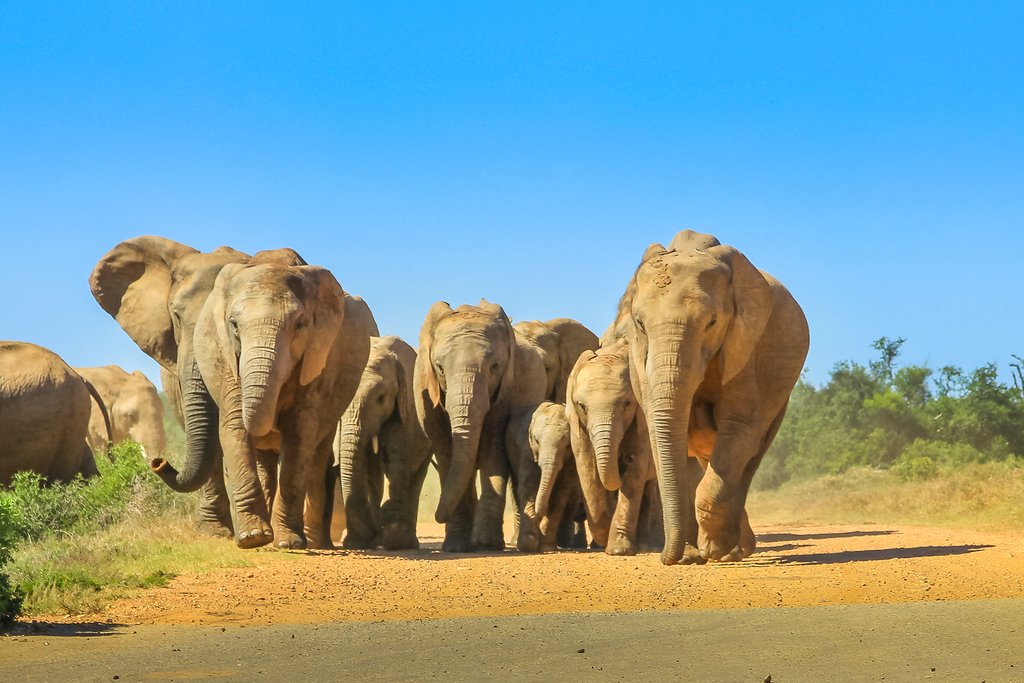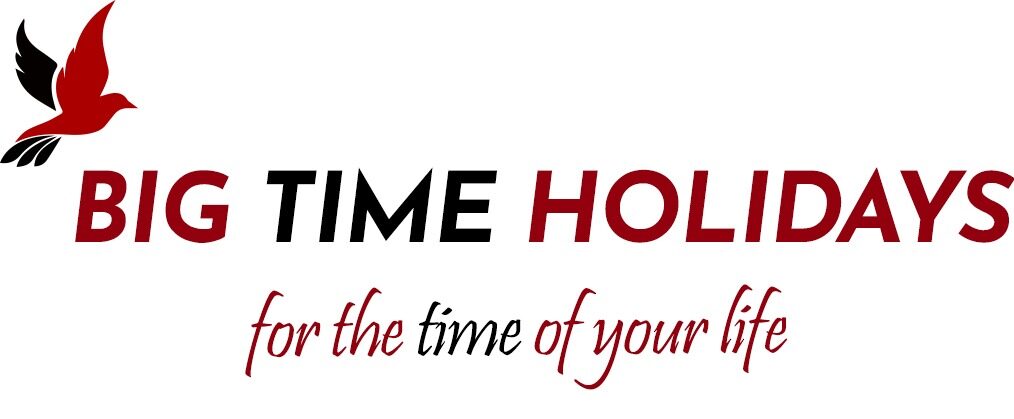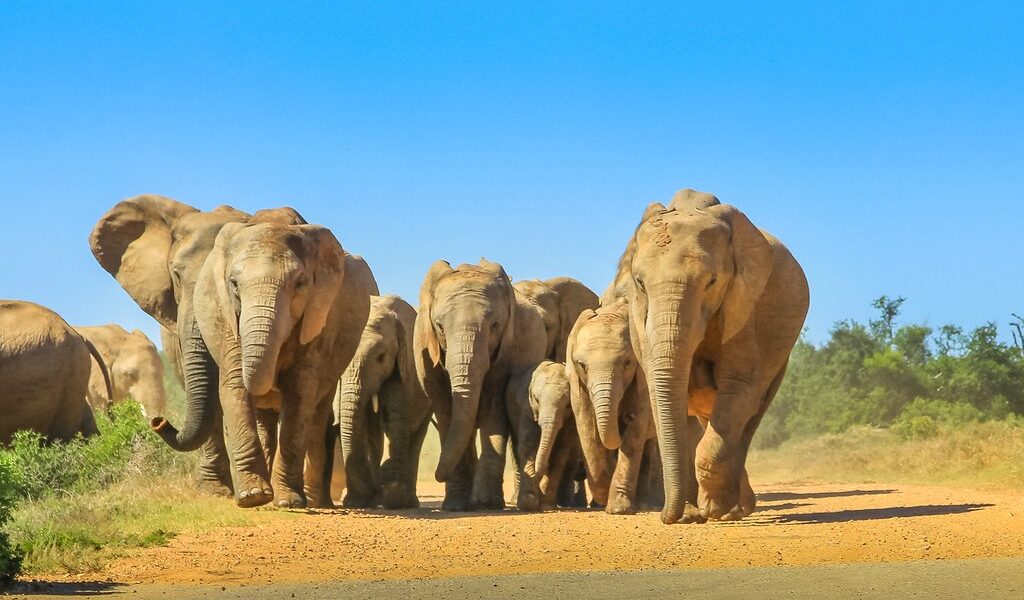
January is a great month to visit South Africa: it’s right in the middle of the bone-dry summer, offering lovely weather in the Western Cape. However, this region—where southeasterly breezes and often gale-force winds take the edge off the heat—is at its busiest, while Kruger National Park is at its hottest and rainiest, making off-the-beaten-track venues so much more appealing.
Weather in South Africa During January
The weather in South Africa during mid-summer, particularly in January, is generally delightful and warm, although it’s essential to acknowledge the regional variations that exist across this vast and diverse country. The conditions in Cape Town, for instance, differ significantly from those experienced further north.
In Cape Town, you can expect hot temperatures and invitingly warm seas. This is a dry period, making it an ideal time to explore the world-renowned Garden Route. The absence of significant rainfall allows for comfortable hikes, scenic drives, and long days spent enjoying the coastal beauty. The sun shines brightly, and the air is filled with a sense of summer vibrancy.
However, as you venture towards the northern regions, including areas like Kruger National Park and Kwazulu-Natal, the weather patterns shift. Here, the conditions are characterized by very hot temperatures and abundant sunshine, frequently interspersed with heavy, tropical rainstorms. These downpours can be intense but are often short-lived, quickly giving way to clear skies and renewed sunshine. The humidity levels are also significantly higher in these northern regions.
For a general idea of temperatures, plan on averages of around 70°F (21°C) in Cape Town. In Johannesburg, you can expect slightly cooler temperatures, averaging around 68°F (20°C). It’s important to remember that these are just averages, and daily temperatures can fluctuate, especially in the interior regions.
Crowds and Costs During South Africa’s Summer
January marks the peak of the tourist season in South Africa. This is because the long summer school vacation extends well into mid-January, attracting both domestic and international travelers. The influx of visitors significantly impacts crowd levels and prices across the country.
While Cape Town and the popular beach resorts of the Western Cape can become quite crowded during this time, South Africa’s sheer size and diverse range of attractions mean that it is possible to find less congested destinations. Consider exploring areas further afield, venturing off the beaten path to discover hidden gems away from the main tourist hotspots.
Be prepared for higher prices. The popularity of the summer months is reflected in increased hotel rates, which can often double or even triple during the peak mid-summer period. Accommodation providers capitalize on the demand, so booking well in advance is crucial to secure reasonable rates and preferred lodging options.
Domestic flights are usually booked solid during this period. If you plan to travel within South Africa by air, it’s imperative to make your reservations well in advance to avoid disappointment. Waiting until the last minute will likely result in limited availability and significantly higher fares.
Where to Go in South Africa in January
If a safari experience is high on your list, keep in mind that Kruger can be oppressively hot and humid in mid-summer. While the heat can be intense, there’s truly no wrong time to embark on a safari adventure. Kruger National Park and the other northern game parks transform into lush, green oases with the arrival of the summer rains.
Although the dense undergrowth can make wildlife viewing slightly more challenging, January is a predator’s paradise. The abundance of young animals born during the summer months provides ample opportunities for thrilling predator-prey interactions. Birdwatching is also at its prime during this time, with migratory species adding to the already diverse avian population.
However, the muggy weather can make camping less enjoyable at this time of year. If you’re considering staying in lodges, book early to secure your rooms, as demand is high. The comfort of air-conditioned accommodation will provide a welcome respite from the heat and humidity.
January is also a fantastic time to drive the scenic Garden Route, with its breathtaking coastal vistas and charming towns. The southern game parks near Cape Town, such as Addo Elephant National Park and Kwandwe Private Game Reserve, offer some of their best safari sightings during the dry summer months.
History and culture enthusiasts might consider focusing their attention on KwaZulu-Natal. In late January, a reenactment of the Battles of Isandlwana and Rorke’s Drift takes place, commemorating two pivotal conflicts of the Anglo-Zulu War on January 22nd and 23rd, 1879. This is a powerful and moving experience that provides insight into a significant chapter in South African history.
And in Cape Town, the downtown streets come alive with the vibrant Kaapse Klopse Festival, a week-long celebration during which troupes of costumed minstrels parade through the streets. The city and its famous beaches will be at their most crowded during this festive time, so plan accordingly if you intend to participate.
What to Do in South Africa in January
In Cape Town, the southeasterly breezes are at their most forceful during January. This wind, often referred to as the “Cape Doctor,” can clear the busy beaches and sometimes shroud Table Mountain in a blanket of fog.
The Garden Route offers numerous alternatives for sunbathing and hiking away from the crowds. Tiny, cliff-bound Victoria Bay provides safe swimming conditions, and its tidal pools are a hit with children. Avid surfers are drawn to the larger waves further out.
Further east, Noetzie Beach, located near Knysna, is a secluded gem accessed via an unpaved road and a flight of stairs. It’s a tranquil escape from the bustling tourist areas. Consider hopping into a kayak with Knysna Kayaking to explore the waterways, or hike the trails that wind through the dense coastal forest along the Buffalo Hiking Trail.
For adrenaline junkies, a leap of faith from the Bloukrans Bridge, east of Knysna, is an unforgettable experience. This is the world’s highest commercial bungee jump, plunging 709 feet (216 m) into the Bloukrans River Gorge. Even the most seasoned daredevils will feel their hearts pounding with anticipation.
Inland of Cape Town, the mild temperatures in the Langeberg Mountains make it an enticing destination for hikers. Consider tackling the 6-day Swellendam Hiking Trail, or opt for shorter hikes beyond Swellendam in the Marloth Nature Reserve and Boosmansbos Wilderness Area.
Events in South Africa in January
**Kaapse Klopse Festival**, **Cape Town**. On January 2nd, Cape Town transforms into a kaleidoscope of color and sound as thousands of Cape Coloured minstrels parade through the streets, filling the air with the infectious rhythms of jazz during the week-long Cape Town Minstrel Carnival.
**Up the Creek Music Festival**, **Swellendam**. This popular music festival features dozens of local and international artists. It takes place near Swellendam over four days at the end of January. Attendance is limited to the first 2,500 ticket buyers, so purchasing tickets in advance is recommended.
**Re-enactment of the Battles of Isandlwana and Rorke’s Drift.** Every January 21st, local Zulu warriors and the Dundee Diehards re-enactment team, dressed in period military costumes, engage in a bloodless clash to commemorate these historical battles. This takes place on the anniversary of the original battles during the Anglo-Zulu War in 1879 and provides a unique insight into this important period in South African history.
B-2307

